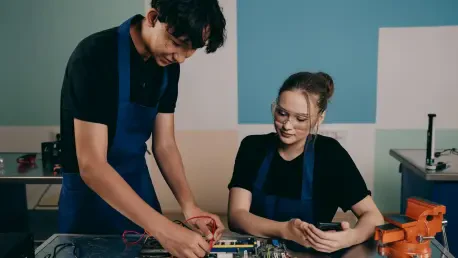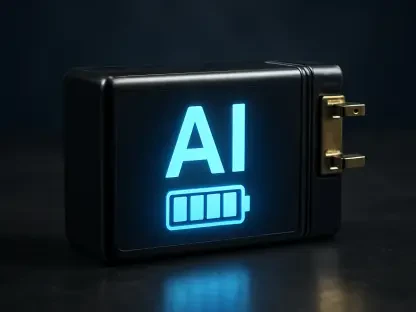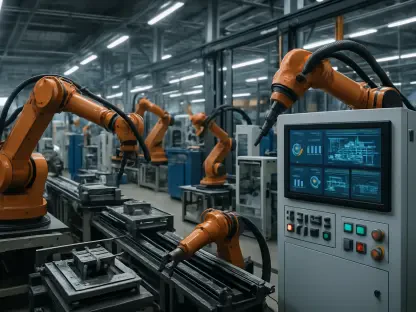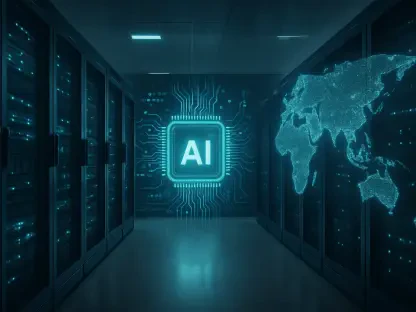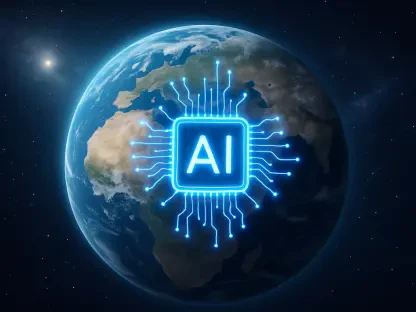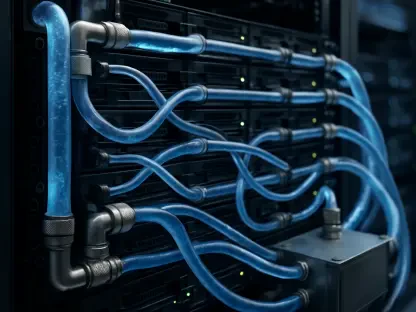Dive into the fascinating world of techno-utopianism with Kwame Zaire, a manufacturing expert whose deep knowledge of electronics, equipment, and production management offers a unique perspective on how technology shapes our cultural and societal visions. With a focus on predictive maintenance, quality, and safety, Kwame bridges the gap between industrial innovation and broader philosophical questions about humanity’s future. In this interview, we explore the allure and challenges of merging humans with machines, the historical roots of futuristic thinking, and the potential risks and rewards of rapid technological advancement. Join us as we unpack the dreams and realities of a tech-driven world.
How do you interpret the concept of techno-utopianism, and what connections do you see with visionary ideas in manufacturing and technology?
To me, techno-utopianism is this belief that technology can solve humanity’s biggest problems and create an ideal future, almost like a perfect world driven by innovation. In manufacturing, I see this in the push for automation and smart factories—think Industry 4.0—where machines and AI are supposed to make production flawless, safe, and sustainable. It’s similar to the grand visions of merging human capabilities with tech, like brain-computer interfaces. The core idea is that tech can elevate us beyond our current limits, whether it’s in a factory setting or in redefining human potential. Historically, this mirrors the optimism of the Industrial Revolution, where machinery was seen as a path to progress, though often at a human cost.
What’s your perspective on the idea of a technological singularity, where humans and machines fully integrate, and how does this resonate with trends in manufacturing?
The singularity is a captivating but speculative idea. It’s this notion that at some point, tech—especially AI—will advance so rapidly that it transforms everything, including how we define being human. In manufacturing, we’re already seeing early steps with IoT and predictive maintenance, where machines “talk” to each other and anticipate failures before they happen. But full integration of human and machine? That feels more like science fiction than a near-term reality. I think it underestimates the complexity of human cognition and the ethical dilemmas. Still, it’s a powerful concept that pushes us to rethink efficiency and collaboration between workers and tech.
Do you believe it’s feasible for such a profound merger of human and machine to happen within the next few decades, and what might stand in the way?
Honestly, I’m skeptical about it happening by, say, 2045 as some predict. The tech might advance, but the social, ethical, and safety barriers are massive. In manufacturing, we struggle just to integrate AI into quality control without unintended consequences—like data biases or system failures. Scaling that to human-machine fusion involves risks we can’t fully predict, like loss of autonomy or unforeseen health impacts. Plus, there’s the question of access: who gets this tech, and who’s left behind? I think those divides could slow things down more than the tech itself.
Looking back at early 20th-century futurists, how do their dreams of technology reshaping humanity compare to the techno-utopian ideas we see in modern industry today?
Early futurists, like those in Italy and Russia, were obsessed with speed, power, and machines as a way to reinvent society. They imagined a “New Human” enhanced by tech, which isn’t far off from today’s ideas of unlocking potential through innovations like wearable tech or AI-driven decision-making in manufacturing. Back then, it was about raw industrial might—think roaring engines and factories. Now, it’s more digital and subtle, like optimizing workflows with data. But the core belief remains: tech can remake us. The difference is, today we’re more aware of the environmental and social costs, or at least we should be.
Some of those early futurists had radical, even destructive visions for change. Do you see any of that disruptive energy in today’s push for technological transformation in manufacturing or beyond?
Absolutely, there’s a parallel in the “move fast and break things” mentality. In manufacturing, the rush to adopt automation sometimes disregards the impact on workers—job displacement, skill gaps, or even safety risks if systems aren’t thoroughly tested. That echoes the early futurists’ glorification of destruction to build anew. Modern leaders often frame rapid tech adoption as a necessity to “save” industries or humanity, but it can overlook the collateral damage. I think we need to balance that drive with caution, learning from history that unchecked disruption often backfires.
How do the utopian ideals of remaking society through science, like those of the Russian revolutionaries, reflect in today’s focus on AI and tech-driven solutions in your field?
The Russian revolutionaries believed science and machines could forge a new kind of person and society, much like how AI is pitched today as a way to transform everything from production lines to personal lives. In manufacturing, AI promises to optimize every process—think zero downtime or perfect quality control. It’s reminiscent of the “New Soviet Man” ideal, where tech reshapes how we work and think. But there’s a risk of over-reliance. Just as those early ideals didn’t fully account for human nature, today’s tech push sometimes ignores cultural resistance or the need for human oversight in complex systems.
What challenges do you see in balancing the optimism of tech-driven progress with the potential downsides, especially drawing from historical lessons?
One big challenge is ensuring tech serves everyone, not just a select few. History shows us that the Industrial Revolution boosted productivity but also created harsh working conditions and inequality. In manufacturing today, automation can improve safety and efficiency, but it can also widen gaps—between skilled and unskilled workers, or between companies that can afford cutting-edge tech and those that can’t. There’s also the environmental toll, which early futurists ignored. We’ve got to prioritize sustainability and ethics alongside innovation, or we risk repeating past mistakes on a larger scale.
What is your forecast for the future of technology’s role in reshaping society, particularly through the lens of manufacturing and production?
I think technology will continue to redefine how we produce goods and interact with systems, especially through AI and automation in manufacturing. We’re likely to see smarter, more adaptive factories that reduce waste and improve safety—think real-time monitoring that prevents accidents before they happen. But the societal impact depends on how we manage the transition. If we focus on upskilling workers and ensuring equitable access to tech, we could build a future where innovation uplifts everyone. If not, we might face deeper divides and unrest. I’m cautiously optimistic, but it’s going to take deliberate effort to steer tech toward a balanced, inclusive outcome.
